About
Features of the Journal

Open Reviews
JHPS pledges for open reviews of articles as they increase trust in research, empowers researchers across the globe, and provide extensive feedback to authors to improve their manuscripts.
- Articles submitted to JHPS are available to the public shortly after submission in an incubator area, open for comments (an initial check of validity will be made).
- Anyone will be granted permission to comment on the submitted article.
- Comments and suggested changes are annotated publicly which encourages honest feedback and enables the reviewers to gain acknowledgment acknowledgement of sophisticated reviews and contributions to the article.

Living Papers
JHPS recognizes the dynamics of research and ensures that accepted research articles are non-static and can improve over time.
- Papers accepted to the journal remain open for comments, allowing the public to provide feedback after acceptance.
- Authors can incorporate feedback and update their article providing minor revisions1.
- The minor and open reviews lead to a community-provided shepherding of the paper with rapid publication.
- Additional insight and references to follow-up publications and projects can be added after acceptance.

Digital Replicability
JHPS pledges for replicable and reproducible research. JHPS brings reproducibility and validationof experiments into the digital age by enabling experiments to be digitally reproduced. Experiments and analysis must be documented so that it can be automatically reproduced as much as possible.
- Submissions include a Git repository containing description and scripts for generating the analysis results from raw experimental observation.
- Submissions also include scripts that allow rerunning the experiments.
- JHPS recognizes different levels of reproducibility:
- Silver: Analysis workflow is reproducible
- Gold: Experimental and analysis workflow is reproducible but the access to the test environment is restricted
- Platin: Experimental and analysis workflow is reproducible; the machine the experiments are run is widely accessible to researchers for at least 1 year after acceptance
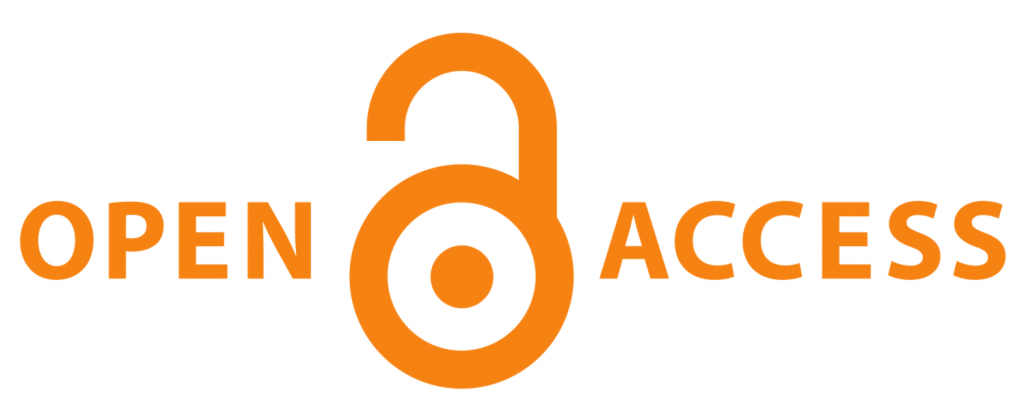
Open Access and Permissive Copyright
JHPS is committed to the ethics of open access and the goals of the Virtual Institute for I/O to support researchers worldwide. JHPS ensures that scientific knowledge gained by public funding is accessible worldwide and free of charge for authors and readers.
- JHPS does not charge for publications.
- Authors retain the copyright on their works.
- Authors must agree to the open access scheme for accepted manuscripts.
Editorial Board
Julian Kunkel
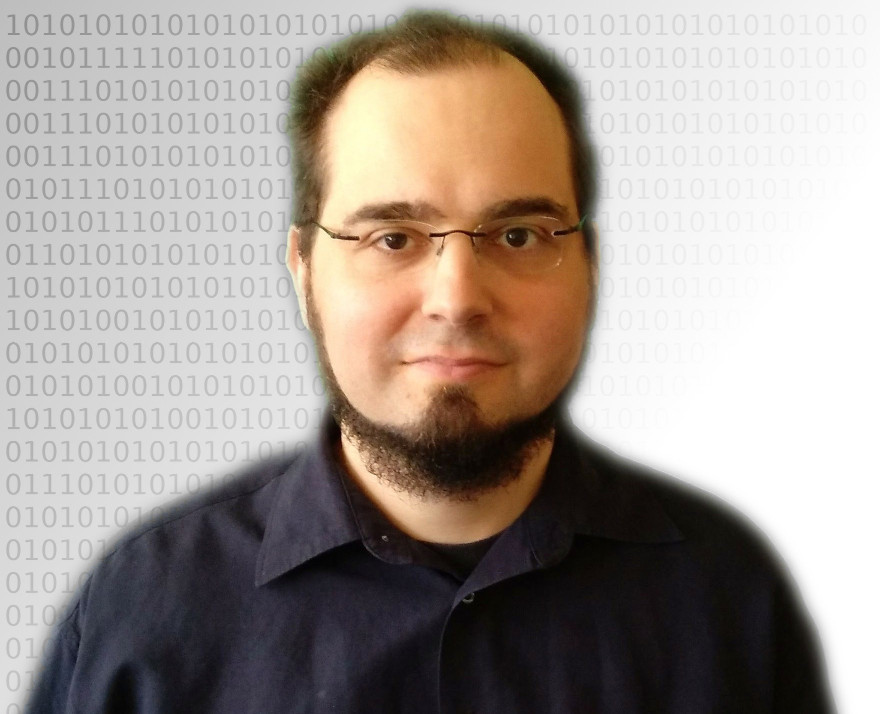

Dr. Kunkel is a Professor in High-Performance Computing at the Unversity of Göttingen, Deputy Head of the GWDG and group leader of the working group Computing. He manages several research projects revolving around HPC and particularly HPC storage. He is co-founder of the IO-500 storage list. Julian gained interest in the topic of HPC storage in 2003, during his studies of computer science.
Interests
- performance analysis
- management of cluster systems
- cost-efficiency
- data reduction techniques
- software engineering
Webpage
Jean-Thomas Acquaviva
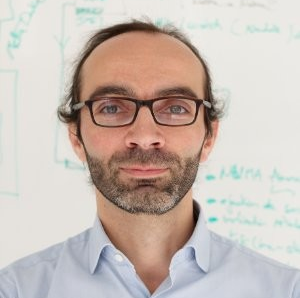

Jean-Thomas obtained his Ph. D in 2000 from CEA, DAM (French Atomic Commission, Military Dept.) and University of Versailles (France). After spending 2 years at Intel Compiler group in Santa Clara, he worked for the University of Versailles and CEA. Jean-Thomas was one of the founding members of the Exascale Research Centre, a joint lab between Intel, CEA and University of Versailles, heading the performance group. Jean-Thomas actively participated in the development of DDN’s Advanced Technology Center in France where he’s heading a Research group. Jean-Thomas is the coordinator of the Evolve ICT-11 EU project.
Suren Byna
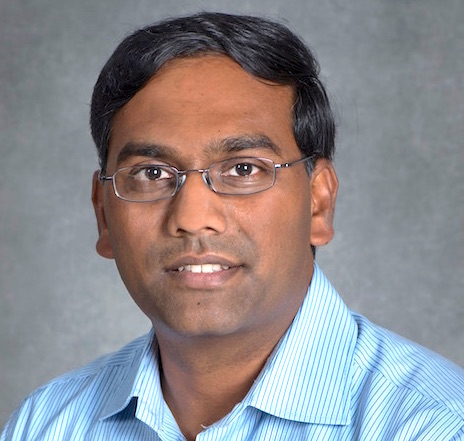

Suren Byna is a Staff Scientist in the Scientific Data Management (SDM) Group in CRD at LBNL. His research interests are in scalable scientific data management. More specifically, he works on optimizing parallel I/O and on developing systems for managing scientific data. He is the PI of the USA’s Exascale Computing Project (ECP) funded ExaIO project (previously ExaHDF5), and ASCR funded object-centric data management systems (Proactive Data Containers - PDC) and experimental and observational data management (EOD-HDF5) projects.
Webpage
Adrian Jackson
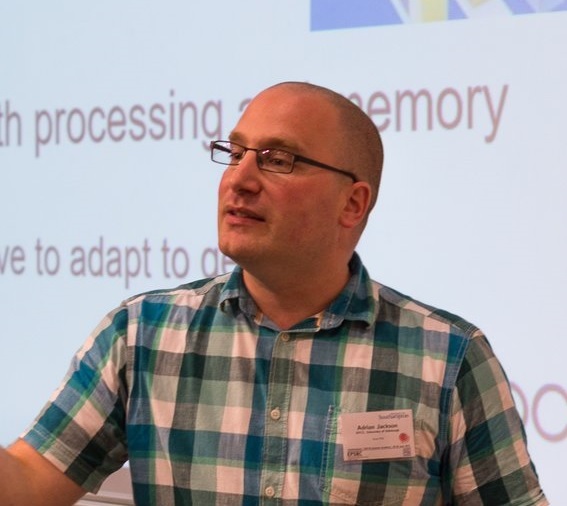

Adrian Jackson is a Senior Research Fellow at EPCC, the supercomuting centre at the University of Edinburgh. He works with a range of end-user scientists on optimising, porting, and scaling applications on high performance computers. He also works on research to optimise I/O for parallel applications, including is part of the EC funded NEXTGenIO project, bringing non-volatile memory to HPC systems, and as part of the SAGE2 project working on advanced object stores for computational simulation and machine learning.
Interests
- I/O systems
- Parallel programming
- I/O hardware
- Filesystems and data storage software
Webpage
Ivo Jimenez


Ivo Jimenez is a Research Scientist at UC Santa Cruz and Incubator Fellow at the UC Santa Cruz Center for Research on Open Source Software (CROSS). He is interested in large-scale distributed data management systems. His 2019 PhD dissertation focused on the practical aspects in the reproducible evaluation of systems research, work for which he was awarded the 2018 Better Scientific Software Fellowship. Ivo is originally from Mexico, where he got his B.S. in Computer Science from Universidad de Sonora. From 2006 to 2010 he worked as a Research Associate in the Database Research Lab at HP Labs.
Interests
- Reproducibility
- Databases
- Distributed Systems
Webpage
Anthony Kougkas

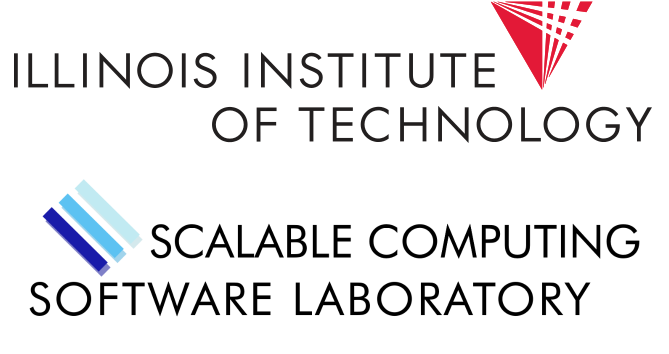
Dr. Kougkas is a Research Assistant Professor at the Department of Computer Science in the Illinois Institute of Technology. He is the Director of I/O Research in the Scalable Computing Software Lab and leads several NSF-funded projects. His research focuses mostly on High-Performance Storage and Exascale I/O. He is very active in the storage community with several publications and community engagement in many peer-reviewed conferences and journals.
Interests
- multi-tiered storage
- I/O optimizations
- distributed and parallel I/O
- HPC and BigData storage convergence
- software defined and re-configurable storage
Webpage
Jay Lofstead


Dr. Jay Lofstead is a Principal Member of Technical Staff at Sandia National Laboratories. His work focuses on infrastructure to support all varieties of simulation, scientific, and engineering workflows with a strong emphasis on IO, middleware, storage, transactions, operating system features to support workflows, containers, software engineering and reproducibility. He is co-founder of the IO-500 storage list. He also works extensively to support various student mentoring and diversity programs at several venues each year including outreach to both high school and college students. Jay graduated with a BS, MS, and PhD in Computer Science from Georgia Institute of Technology and was a recipient of a 2013 R&D 100 award for his work on the ADIOS IO library.
Webpage
Glenn K. Lockwood

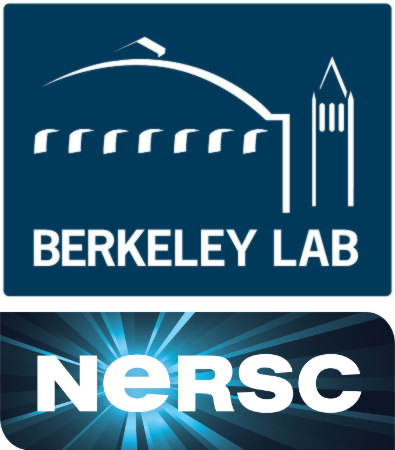
Glenn K. Lockwood is a storage architect who specializes in I/O performance analysis, extreme-scale storage architectures, and emerging I/O technologies. His research interests revolve around understanding I/O performance by correlating performance analysis across all levels of the I/O subsystem, from node-local page cache to back-end storage devices.
Webpage
Carlos Maltzahn


Carlos Maltzahn is faculty at the Computer Science & Engineering Department at the Baskin School of Engineering, UC Santa Cruz. He is the founder and director of the Center for Research in Open Source Software that bridges the gap between student research and open source software projects. His research interests are in programmable storage systems, computational storage, and practical replicability of systems experiments. Carlos is the PI/co-PI of three NSF grants related to programmable storage. Carlos joined UC Santa Cruz in 2004, after five years at Netapp working on network-intermediaries and storage systems. In 2005 he co-founded and became a key mentor on Sage Weil’s Ceph project.
Webpage
George S. Markomanolis

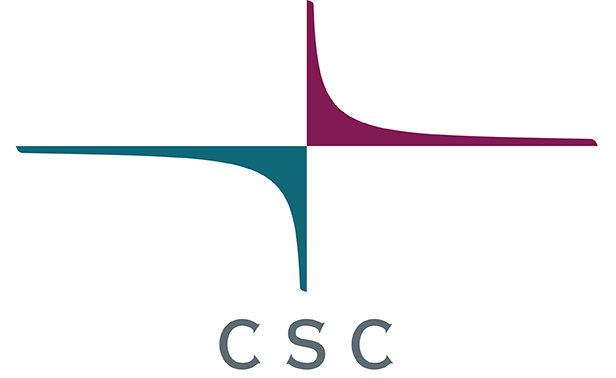
George S. Markomanolis is Lead HPC Scientist at CSC - IT Center for Science Ltd. His research is on performance evaluation and optimization of parallel applications, exploring programming models, porting codes to new technologies, and investigate IO performance issues. He is working on new technologies such as Burst Buffer in order to improve the performance of various applications. He obtained his M.S. in Computational Science from the department of Informatics and Telecommunication, National and Kapodistrian University of Athens, Greece in 2008 and his Ph.D. in Computer Science from the Ecole Normale Supérieure de Lyon, France in 2014.
Webpage
Lingfang Zeng
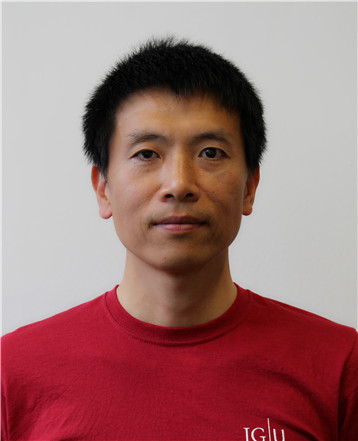
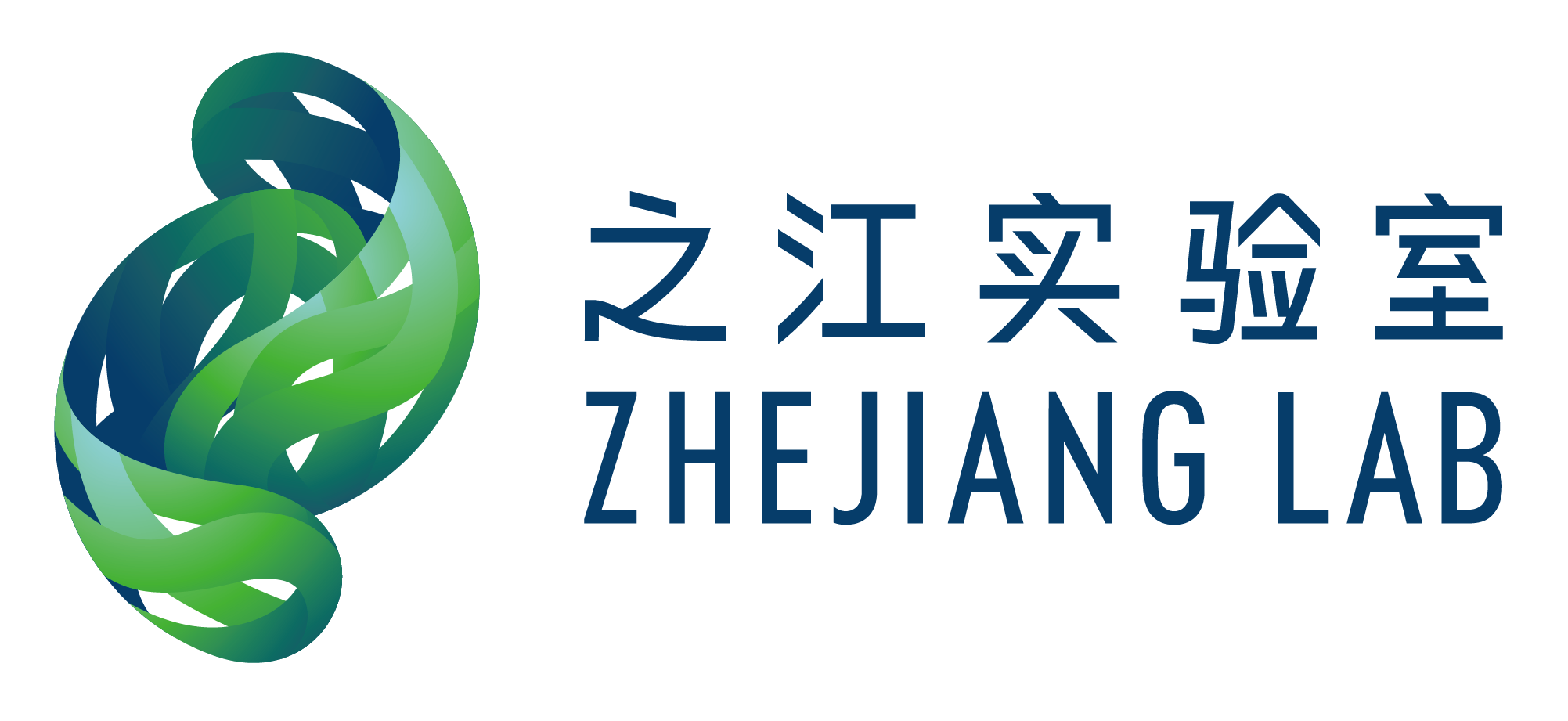
Dr. Lingfang is a principal investigator of the Research Center for Intelligent Computing System at Zhejiang Lab. He published more than 60 papers in major journals, including TPDS, ToS, JPDC, TNSM and at international conferences, such as FAST, SC, SIGMOD, MSST, CLUSTER, CCGrid, etc. He received his PhD in Computer Architecture from Huazhong University of Science and Technology (HUST) and then worked as an assistant professor until he was promoted to associate professor. He was a Visiting Professor in ZDV, Johannes Gutenberg University Mainz, during 2016~2018. He was Postdoc Research Fellow in ECE, National University of Singapore during 2007~2008 and 2010~2013. He was on the Storage Challenge Finalist at SC06.
Interests
- high performance storage system
- big data and computational intelligence
- privacy-enhanced information storage
Webpage
Contact us
The editorial board can be contacted via the email address jhps-editorial-board@jhps.vi4io.org.
